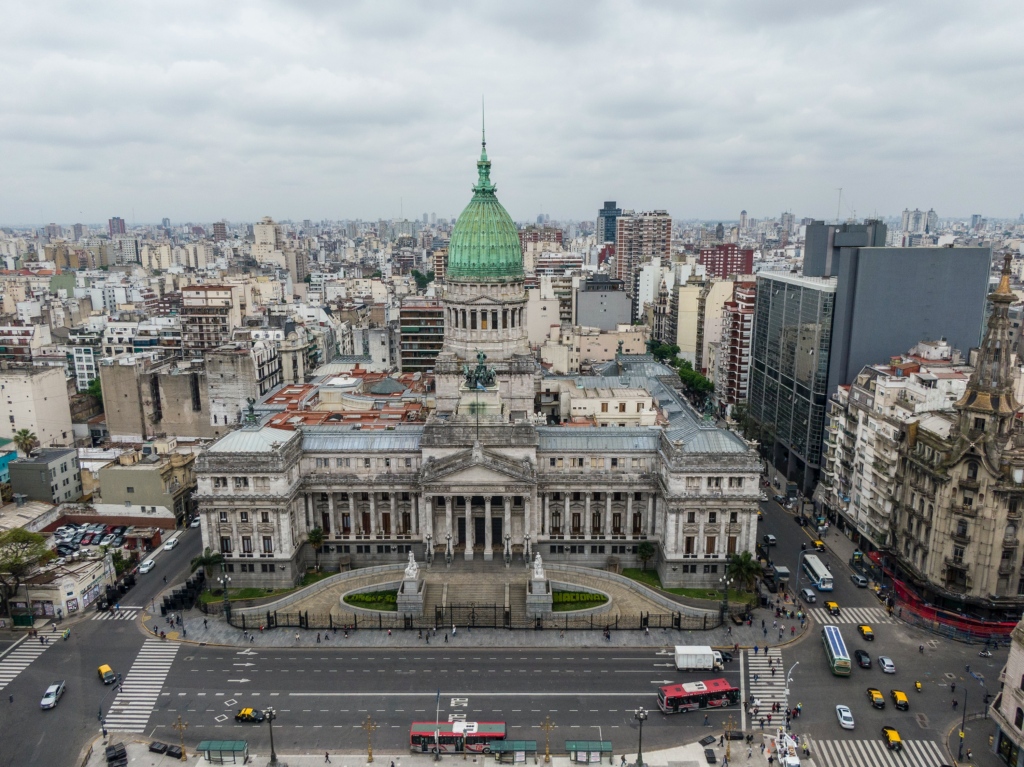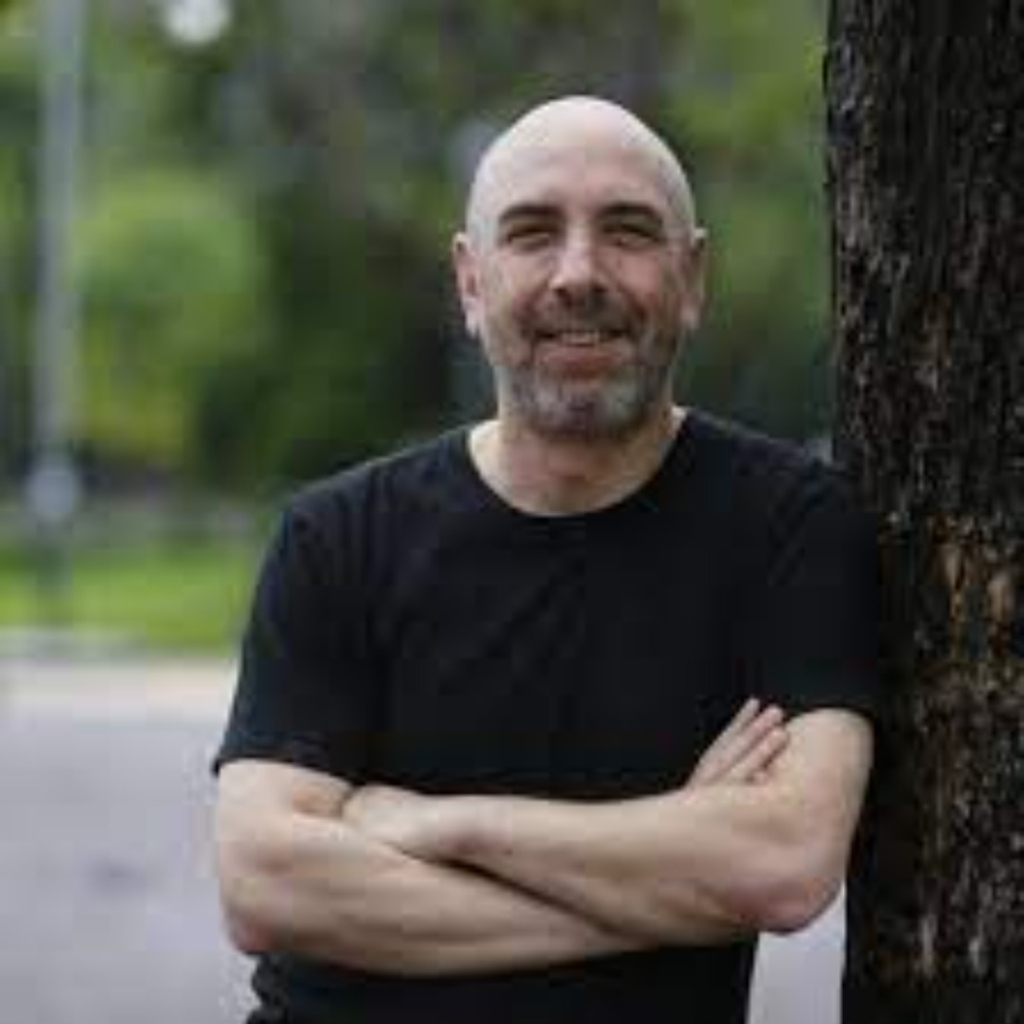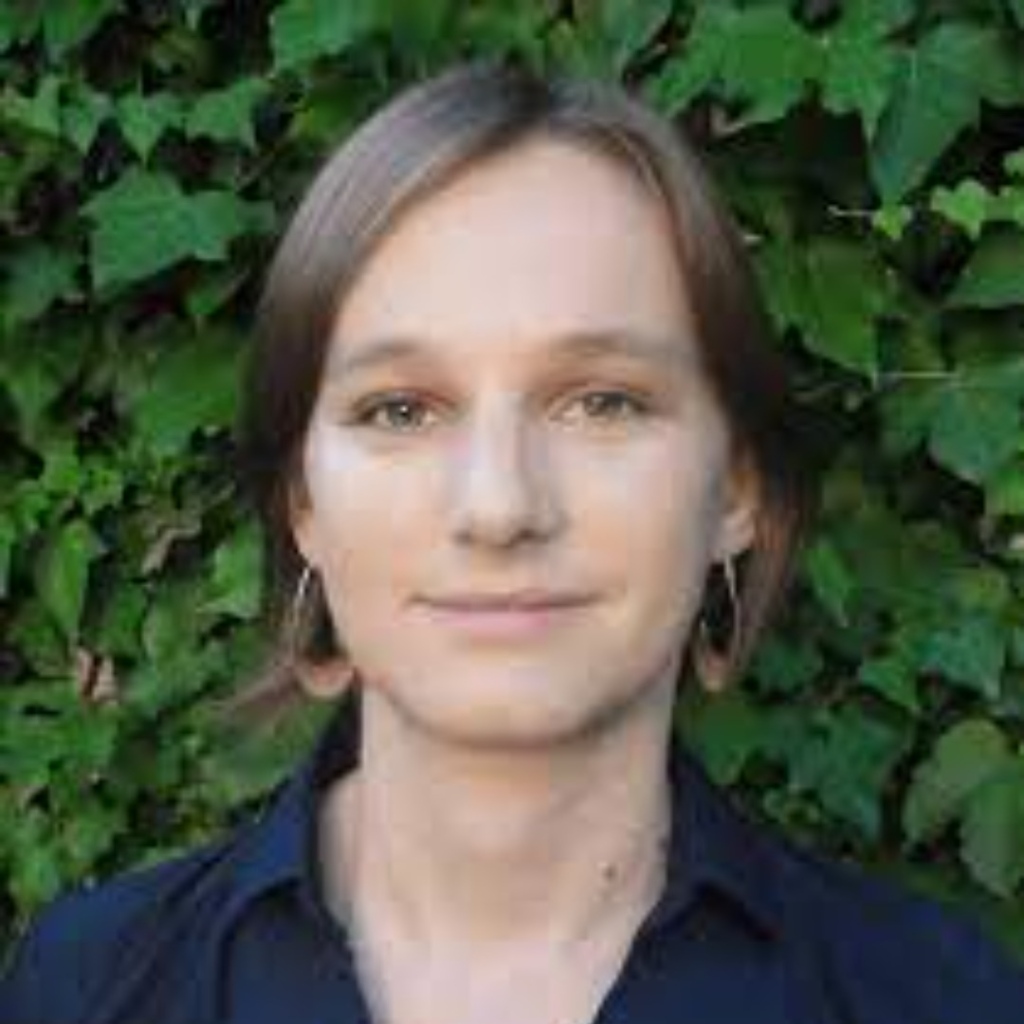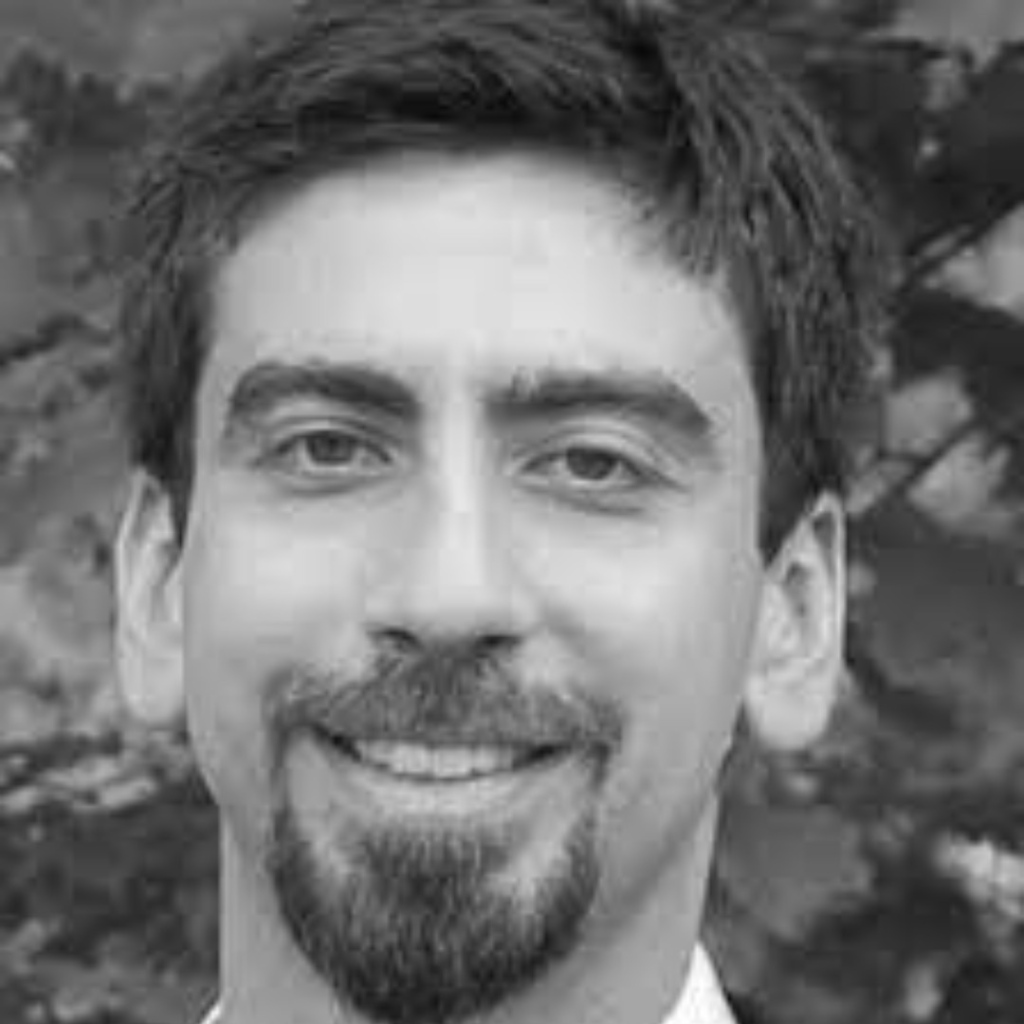Truth be Told: Fact Checking in the 2019 Argentine Election

November 4, 2021
Seminar Series on Democracy, Conflict, & Polarization: Truth Be Told: Fact Checking in the 2019 Argentine Election
Increases in the spread of misinformation via social media challenge democratic discourse and contribute to greater political polarization. In EGAP’s inaugural event of the Democracy, Conflict, and Polarization seminar series on November 4th, we presented results from a survey experiment conducted during the 2019 presidential election in Argentina measuring the propensity of voters to share corrections to political and health-related misinformation.
Ernesto Calvo (University of Maryland) and Tiago Ventura (University of Maryland), two of the researchers, and Olivia Sohr, Director of Impact and New Initiatives for Chequeado, the largest fact-checking agency in Argentina, discussed the implications of the results in combating misinformation. Cyrus Samii moderated the seminar. We found evidence of selective sharing—the notion that individuals prefer to share pro-attitudinal (“it is TRUE that vaccines DO PREVENT against COVID”) rather than counter-attitudinal (“it is FALSE that vaccines DO NOT prevent against COVID”) fact-checks.
Results:
- Users exhibit partisan reasoning when sharing corrections
- A pro-attitudinal fact-check labeled true is more likely to be shared on social media than an equally congenial fact-check labeled false
- This result suggests that sharing fact-checking messages is regulated by the hot cognition and confirmatory bias (directional goals driven by automatic responses)
Policy Implication: to make their fact-checks more visible, fact-checkers should consider presenting their work with a ‘true’ adjudication more often
Link to paper: https://osf.io/zbphg/
Watch the full presentation and Q&A below. After viewing the recording, please post a comment or question at the bottom of the page to participate in an ongoing discussion on this topic. If you prefer to download/listen to it as a podcast, click here.
Panelists

Ernesto Calvo is Professor of Government and Politics at the University of Maryland and Director of the interdisciplinary Lab for Computation Social Science. His research focuses on the study of comparative political institutions, political representation, and social networks. Ernesto received his PhD in political science from Northwestern University in 2001.

Tiago Ventura is a researcher at the @Twitter Civic Integrity and Misinformation Team and Ph.D. Candidate (expected October 2021) in the Department of Government and Politics at the University of Maryland, College Park. His research lies in the fields of Comparative Political Behavior and Political Communication. Tiago’s dissertation explores issues of criminal violence, inequality, and preferences for harsh-on-crime policies in Latin America.

Olivia Sohr is the Director of Impact and New Initiatives for Chequeado, a non-profit, non-partisan independent media organization and Latin America’s first fact-checking organization. Previously, Olivia served as a newsroom coordinator and worked on TV and radio shows. She received her Master’s degree from the Ecole des Hautes Etudes en Sciences Sociales (EHESS) in Paris.
Founded in Argentina in 2010, Chequeado is dedicated to the verification of public discourse and the promotion of access to information and the opening of data in Argentina, Latin America, and the Global South.

Cyrus Samii is Associate Professor in the Wilf Family Department of Politics of New York University and Executive Director of the Evidence in Governance and Politics (EGAP) network. He writes and teaches on quantitative social science methodology, with an emphasis on causal inference. He is a prominent expert on the design of quantitative field research and social science randomized controlled trials.